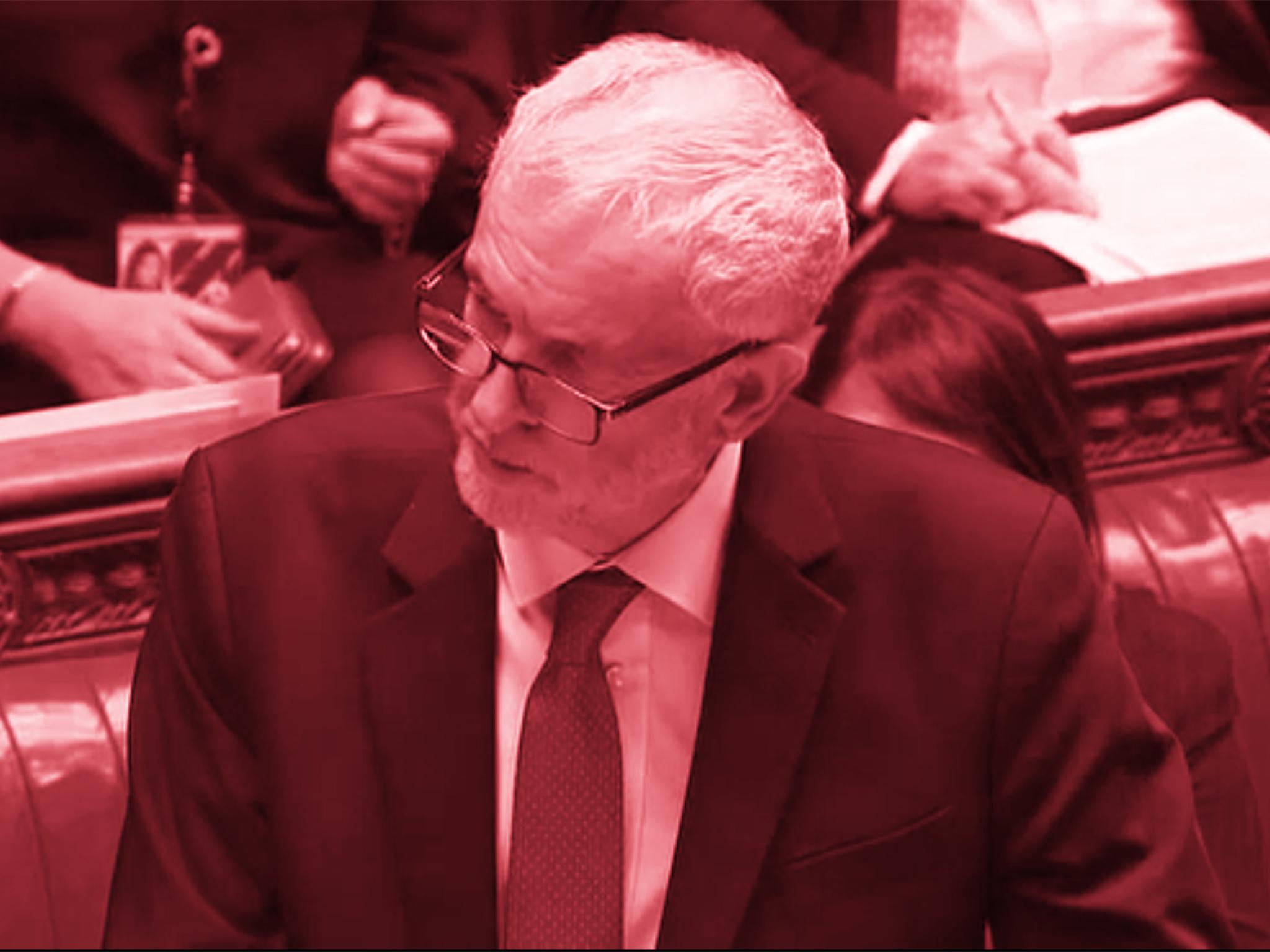What does Corbyn’s no-confidence vote mean – and could Theresa May be forced to resign?
- What does Corbyn’s no-confidence vote mean?
- Could Theresa May be forced to resign?
- Will Labour’s motion succeed?
- What do the opposition parties think?

Jeremy Corbyn has piled pressure on the prime minister to allow MPs to vote on her Brexit deal by tabling a motion of no confidence in her leadership.
The Labour leader condemned the “unacceptable” wait for a Commons vote on the deal after Theresa May announced the showdown would take place during the week of 14 January – more than a month later than it was originally due to be held.
However Mr Corbyn was accused of “bottling it” by other opposition parties. Here we explain why.
What does Corbyn’s no-confidence vote mean?
Jeremy Corbyn has tabled a no-confidence motion in Theresa May as prime minister in protest at the “unacceptable” wait for a Commons vote on her Brexit deal.
The so-called meaningful vote had been scheduled for 11 December but Ms May dramatically shelved the plans in the face of an impending defeat at the hands of her backbenchers.
Ms May must give MPs the chance to vote on her deal – or any tweaked agreement – before the UK leaves the EU in March or face a no-deal Brexit.
Labour believe the motion will show the prime minister has lost the confidence of the Commons, and could lead to the end of her premiership.
Could Theresa May be forced to resign?
Probably not. The problem with Labour’s motion is that it is non-binding on the government, so Ms May would not be forced to quit and it would not automatically trigger a general election.
It would be embarrassing for her to lose but these are extraordinary times. Ms May has endured humiliations that would have ended the careers of other prime ministers, such as the recent no-confidence vote from Tory MPs, which she won by 200 votes to 117.
The way for Labour to bring an end to her leadership would be to table a motion of no confidence in the government as a whole, rather than the PM as an individual. Under the Fixed-term Parliaments Act, such a move could trigger a general election.
Will Labour’s motion succeed?
Ms May looks likely to win a confidence vote – in her leadership and in her government – hence Labour’s reluctance to table it.
Most Tory MPs do not want a general election as they feel bruised by the party’s electoral performance in 2017.
Tory Brexiteers said they would back Ms May against Labour’s “meaningless” motion and her DUP allies also said they would support her.
The other issue is the government is not obliged to make time to debate Labour’s motion, as it is non-binding. Labour could table it during an opposition day but there isn’t one planned until the New Year.
No 10 dismissed the move as a political “stunt” and confirmed that the government would not allow parliamentary time for a vote. A source effectively dared Labour to strengthen its attack by tabling a full confidence motion.
What do the opposition parties think?
Opposition parties such as the SNP, the Liberal Democrats and Plaid Cymru are furious that Labour has refused to put forward the tougher motion.
They laid an amendment to Mr Corbyn’s no-confidence vote in the PM on Monday night, that they say would beef it up into a full confidence vote in the government.
Join our commenting forum
Join thought-provoking conversations, follow other Independent readers and see their replies
Comments
Bookmark popover
Removed from bookmarks